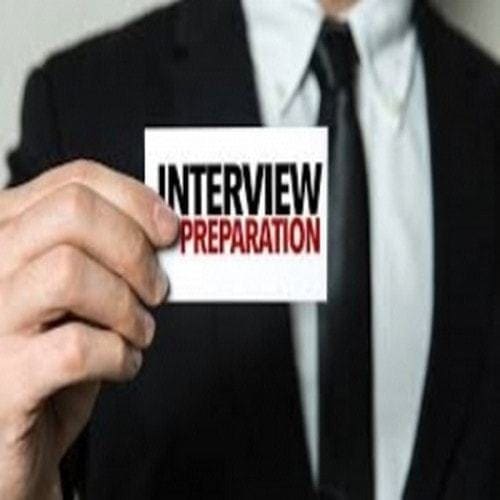
As a recruitment company, we feel we can offer job seekers some well needed interview tips into the mind-set of recruiters and our decision making processes.
We see so many worthy candidates that we have to trust our instincts when it comes to choosing the cream of the crop. So here are the interview tips to make you a stronger candidate for the job outside of your CV.
1. Personality
Robots might be intriguing to watch but that doesn’t mean companies want one working for them. Someone who comes across as genuine and confident about themselves and their opinions will prove far more popular than a candidate wearing a polite mask of agreement. Building a rapport with an interviewer means that you will be more memorable, and have more chance of standing out from the crowd. And let’s face it – in a group of potential candidates, all with impressive backgrounds, the best way to get noticed is to connect with the interviewer on a more personal level.
2. Vibe
That indescribable feeling that someone gives you – it can either put you at ease around them or do the opposite. Us humans make snap judgments – it’s pure instinct – so being positive, smiling and greeting the interviewer confidently can help them feel positive about you in return.
3. Sociability
Long office hours and working as part of a team requires the ability to interact well with a number of different people. As biased as it might be, the recruiter will want someone who fits in with the team on more than just a work level. Companies are increasingly focusing on the culture and community of the work place. Usually, the most efficient employees are those happy employees.
4. Natural ability
If you are able to pick things up quickly this will lessen the amount of hand-holding needed in training – a huge benefit for companies. These days, employers are particularly worried about graduates; their lack of real work experience can mean they take more time to adapt to a work environment. Unless it’s a job that comes with training, companies will want a smooth change over between employees.
5. Appearance
A well-groomed appearance shows you understand the level of dress that’s generally expected in professional environments. Heed the saying ‘it is better to be over dressed than under dressed’. At the same time don’t let worrying about your outfit make you late for the actual interview – aim to arrive 10-15 minutes before the scheduled time.
6. Body language
Recruiters register body language – crossing your legs or arms might be a subconscious move, but remember to check yourself every once in a while and think about how your body language might be coming across. And yes, constant eye contact might feel a tad awkward in a small interview room, but it looks a lot better than staring at the desk the whole time.
7. Duration of roles
Websites and companies often under-rate certain aspects that recruiters will actually pay more attention to. For example, someone with 3 or 4 internships might, on paper, look better than someone with only 1 or 2. But consider the strength of each individual placement. Recruiters will note the length of time spent at each company and will get references about the candidate.
The candidate with only 1 internship may have spent 6 months there and have a glowing reference. If the other candidate’s internships are for shorter periods of time, with only standard references, the recruiter will choose the first candidate. A recruiter is searching for a strong candidate that will take to the task immediately. He will become a fixed member of the team.
8. Homework
Doing your research on the company is one of the essential interview tips! It means when they come to asking you tricky questions you can deflect them by relating it back to the company. You also use them as an example. Showing an understanding of the company and giving your own insight will tell the interviewer a great deal about your work ethic and ability. It also gives you the opportunity to ask your own questions and take control over the interview so it is not all one-sided. You can avoid making it feel more like a discussion.
Of course, looking good on paper is imperative, especially for securing those all-important interviews. However, during the interview, it’s those little extras that help the interviewer decide which candidate to go with.
How do we know that this process works? We follow up on each and every candidate that we’ve recommended. We wouldn’t be successful in the recruitment industry if we didn’t to put the right people forward for the right positions. For companies to confidently invest in us, we make it our business to get to know each and every candidate. All these are interview tips I can share as a recruiter.
